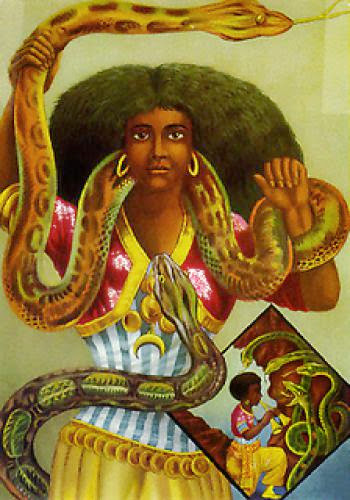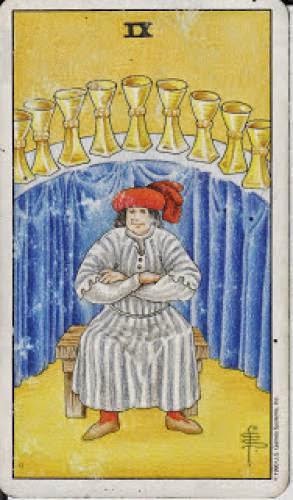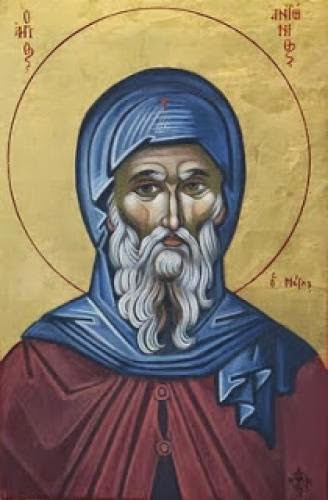
"Lk 2:22-35 "WALKING INTO THE LIGHT
"(Click here for reading)"
What is it that makes Christians unique? It is the way they love. Love is "giving" and "forgiving"; being proactive and reactive like Christ. "Whoever claims to abide in the Lord ought to walk just as he walked (1Jn 2:4). I have to walk the talk. It's not easy to say loving things. It's not any easier to do them. But the Lord demands that we keep his commandments. If not, then we are the biggest hypocrites, the grossest liars; the most obnoxious of worshippers.
LOVE GOD ABOVE ALL OTHER THINGS. Christmas ceremonies and traditional rituals are getting hit hard this year. I don't know about you but I feel as though I am seeing less and less Christmas decorations than in the past. I don't know if it is something imaginary or if it is real. But I believe it is important that we go through the rituals; that we put up a Christmas tree, the tinsel, the bells, and the manger; that we wrap our gifts and take the time to enjoy the reason for the season. Mary and Joseph went through the rituals. If anyone did not need to be purified or dedicated it was Mary and Jesus. And yet, they did it, according to God's Law. They went through the ceremonies and fulfilled the Lord's desires. Little did they realize how their lives connected so intimately with others. Simeon had been waiting all his life for this moment. The Holy Family did not skip it. If they had, Simeon would still be waiting to this day for the promise of the Lord to be fulfilled. Regardless of the noise surrounding the family or the very public danger around them, they were surprised of Simeon's words. They needed to hear it just as much as Simeon needed to see them and say it. When we place God above all other things, miracles happen; people seem to appear; dots begin to connect; the light begins to break through the darkness (1Jn 2:11).
LOVE ONE ANOTHER. Not too long ago I gave a High School student a penance to love more or to love everyone he met. He got up and said, "That's all?" I told him, "That's it." Afterwards, I thought to myself, maybe I didn't give him enough of a penance. But then, thinking more, I realized that I had given him the toughest penance you could give to anyone. To love everyone you met; to "love more" is extremely difficult. It's not easy at all. When Christ gave this commandment to his disciples, they must have been shaking their heads. Love everyone? Love our enemies? Love our neighbors? Love those who persecute you and hate you and utter all kind of false things against you? Love without condition? Love without receiving? My goodness, is this really possible?
St. John tells us, "Whoever says, 'I know him," but does not keep the Lord's commandments is a liar, and the truth is not in him."
The two most important feasts in the Church are Christmas and Easter. They are the two feasts of light and love; "Giving" and "Forgiving". Let us ask the Lord for an increase in faith, hope and love. Hatred has no place in the heart of the Christian.
May the Lord bless us as we keep ahead of the darkness by loving more and walking swiftly towards His light.
Reference: magic-and-spells.blogspot.com







































